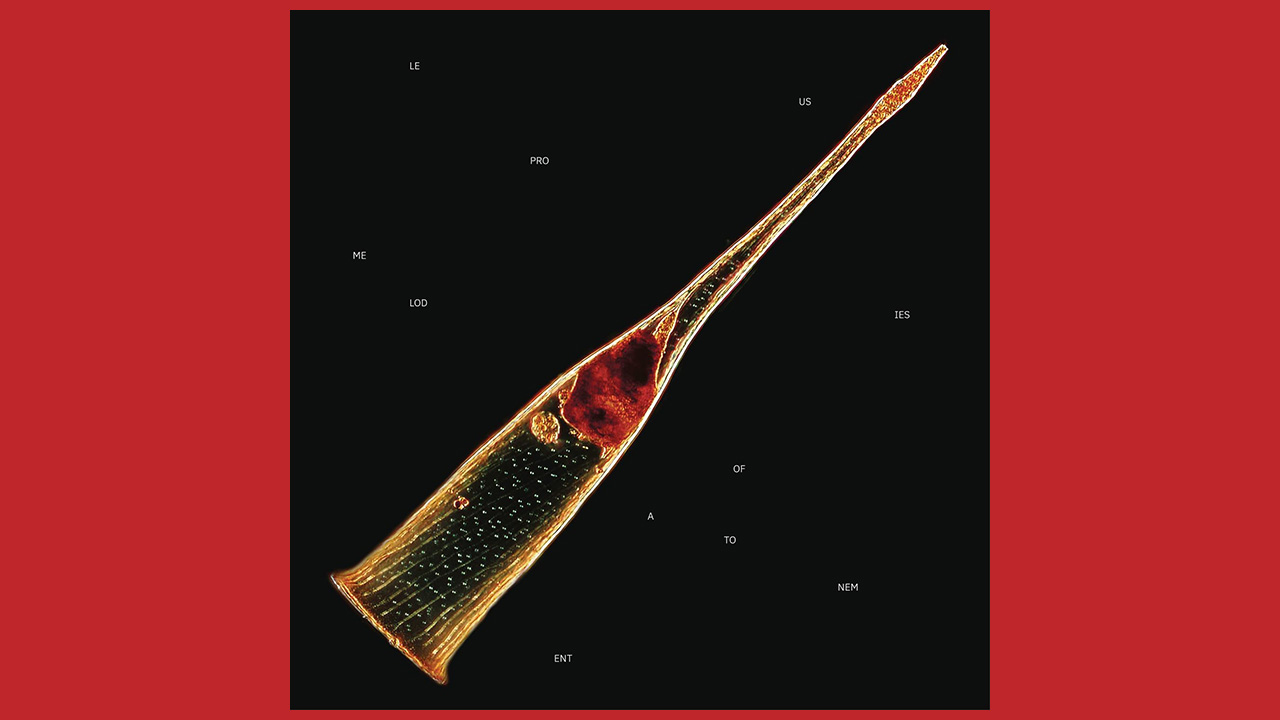‘I’m done pleasing the crowds,’ croons frontman and chief songwriter Einar Solberg on , the opening track on . Which is surprising, as it wasn’t apparent that he had been. Even in progressive circles there are those who would prefer a band to carry out variations on a theme for the rest of their career and there are plenty who yearn for a return to Leprous’s earlier work – pre-2017’s , essentially – when they could still be accurately described as a prog metal band.
Solberg’s pre-release chatter around this album will be music to those people’s ears. It’s being trumpeted as the heaviest thing they’ve made in some time. At the same time, like some of his peers – ’s among them – the Leprous man seems to push back against the ‘p’ word these days.

“I’m not sure it’s very prog,” he says of the record. It sounds like an attempt at distancing the band from the scene that’s supported them, ignoring the fact that the engine which drives most modern prog is experimentation and a desire to carve out new sonic paths rather than week-long solos and capes. is certainly not a return to the labyrinthine compositions of 2011’s or 2013’s .
It’s still shaped by crystalline melodies and the flawlessly expressive vocals that have come to be an increasingly defining factor over the past few years. Granted, it simplifies the equation to some extent, presenting the essential elements of the band in a more direct and stripped-down manner than they’ve done before, but it’s still recognisable as a Leprous record, forward-looking sensibilities and all. The most obvious difference is the absence of the symphonic sweeps and strings that augmented 2019’s and 2021’s , with Solberg having indicated he’s saving the cinematic soundscapes for the solo career he launched with last year’s mesmerising .
There’s far less playing around with unconventional time signatures, but that doesn’t mean everything is entirely straightforward might be the most accessible and streamlined thing the Norwegians have put out to date, but they’ve hardly turned into a garage rock band. There are shining hooks and pneumatic riffs aplenty, built into meticulous crafted songs with ever-shifting textures and frequent flourishes of invention. kicks things off in unconventional fashion, riding a warped beat and atonal slashes of guitar through big swathes of melody.
Its juxtaposition of the jarring and the soothing that ends on a bed of heavenly tones. boasts some of those much-vaunted heavier moments, entering via skittering electronic beats, with Solberg whisper-singing until an insistently repetitive guitar lick muscles into the frame. There’s still an ebb and flow at play, but this is as punchy and direct as they get.
continues in a similar vein: Solberg hits some incredible highs over chirping synths and unsteady rhythms. There’s far less playing around with unconventional time signatures on this album, but that doesn’t mean everything is entirely straightforward. Tightly-compressed riffs are deployed like naval mines beneath delicate vocals and it builds towards a swell of -esque bombast before flowing out in a trickle.
contains the most metallic moments they’ve exhibited in a long time, but even here the aggression is entirely measured, with screams tempered by sing-song ‘la la la’ melodies and gently receding waves of keys and guitars. Despite Solberg’s claims to the contrary, Leprous are a modern prog band, but one who – like fellow travellers – retain the muscle memory needed to strategically place the occasional heavier element for counterpoint effect. Elsewhere, is the closest to a big pop song they’ve produced yet, sliding from a smoky 4am sigh into an unashamedly huge hook underpinned by equally brazen hard rock dynamics.
is slow, textured and appropriately glimmering. places slow melodies and fragile vocal harmonies atop a layer of meticulous rhythms seeded with the occasional misplaced electronic bloops. As with the opener, these entirely intentional imperfections only serve to highlight the delicate beauty of the whole.
Leprous have made a slight change by omission: trimming some of the more extraneous elements away. It might be their most accessible album to date, but it retains much of the subtlety, invention and craftmanship they’ve come to be known for. And for all the talk of throwing the prog baby out with the bathwater, when it comes to a sense of experimentation and fearless exploration, Leprous still bring it in spades.
Paul Travers has spent the best part of three decades writing about punk rock, heavy metal, and every associated sub-genre for the UK's biggest rock magazines, including and . New six-disc reissue for Porcupine Tree's Fear Of A Blank Planet “I played it to Jon Anderson and his son. They were both crying – which was either a huge compliment or a disaster!” Trevor Rabin and Jon Anderson unlock the secrets of Yes's overlooked Talk "There was no food allowed backstage, only drugs and booze": Clem Burke's stories of Debbie Harry, Bob Dylan, Iggy Pop and more.



















